 |
| May 19, 2021 |
 |
| |
| |
| |
| |
| |
| |
| |
| |
| |
| |
| |
| Behavior & Society The Cause of America's Post-Truth Predicament People have been manipulated to think that beliefs needn't change in response to evidence, making us more susceptible to conspiracy theories, science denial and extremism | | | | |
FROM THE STORE
 | | Criminal Psychology and the Roots of Violence In 2020, mass shootings and hate crimes reached record highs. On January 6, 2021, a deadly mob stormed the US Capitol. In this eBook, we examine the factors that contribute to aggressive and brutal behavior, including its biological and genetic underpinnings, how intimacy and bias can lead to violence, how people become radicalized to commit acts of aggression, as well as certain psychological disorders and their role in violent behavior. |  | | |
| |
FROM THE ARCHIVE
 | | | |
| |
LATEST ISSUES
 |
| |
| Questions? Comments?  | |
| Download the Scientific American App |
| |
| |






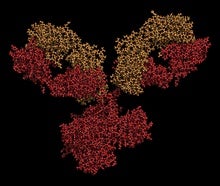

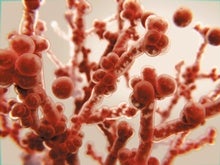

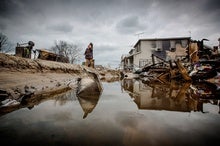
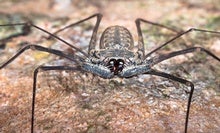

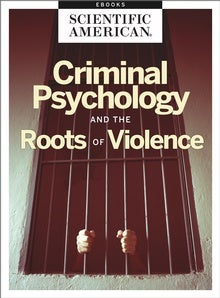



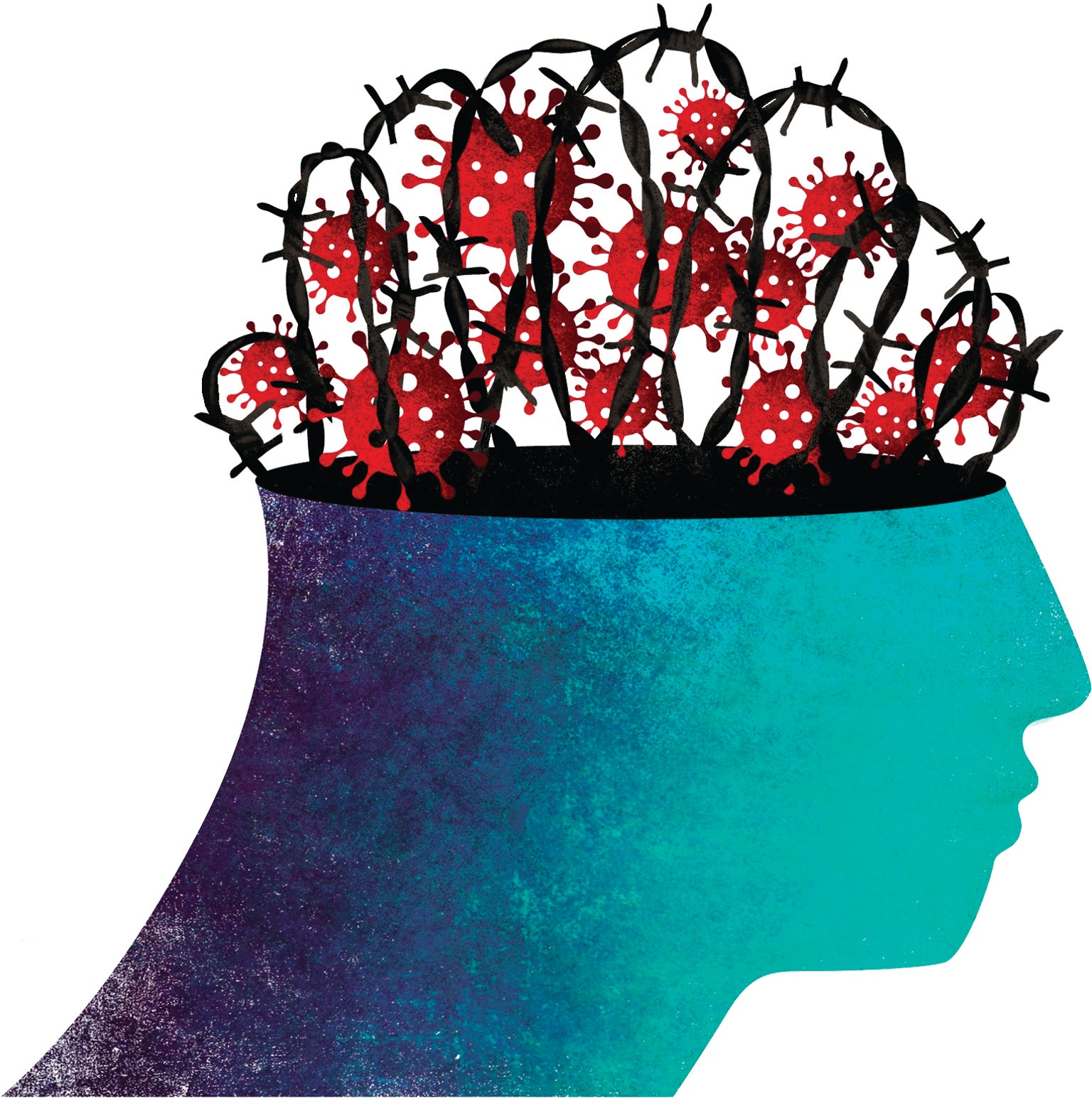
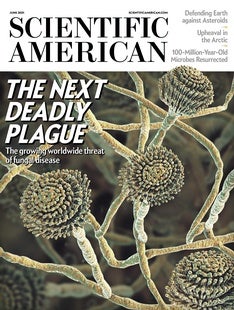


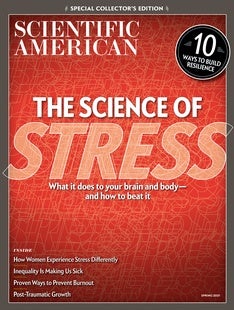
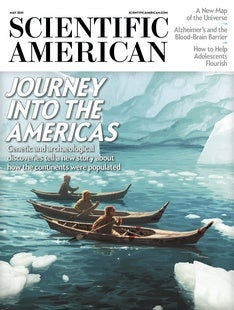



Comments
Post a Comment